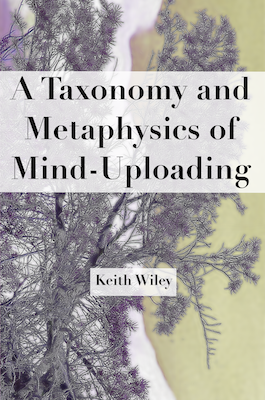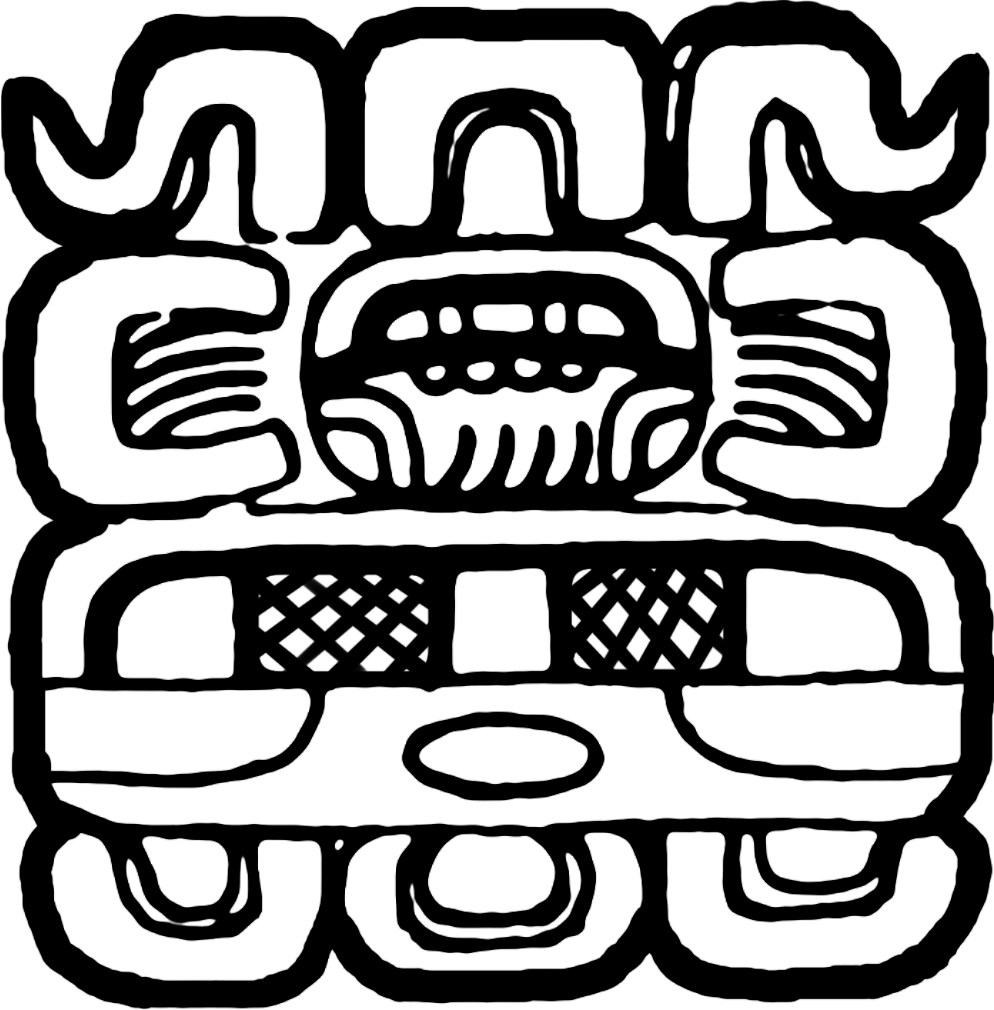
Published by:
Humanity+ Press & Alautun Press
Available in print from:
Amazon
Available in ebook from:
Amazon •
Barnes & Noble •
Apple •
Google
|
What people are saying
|
|
"Starting with a very useful description of the ways that minds may be uploaded in the future, this book steps through some of the key philosophical issues that mind uploading poses. What is consciousness? Is there personal identity? What would the relationship of an organic person be to his mind clone? If we can copy minds would that mean there is no free will? This book makes a useful contribution to a debate that our children will undoubtedly have a stake in."
|
|
—JAMES J. HUGHES PH.D. • Executive Director, Institute for Ethics and Emerging Technologies • Author, Citizen Cyborg: Why Democratic Societies Must Respond to the Redesigned Human of the Future
|
|
"Along with AGI, life extension and cyborgs, mind uploading is going to be one of the major transformative technologies in the next century. Keith Wiley has done us all a favor by providing the most careful conceptual analysis of mind uploading that I've seen. The book is bound to become the standard reference regarding the various types of possible mind uploading, and the philosophical and scientific issues involved with each. As mind uploading moves closer to reality, his analysis and others inspired by it will provide valuable practical guidance to scientists and engineers working on the technology, as well as ordinary people making decisions about their own potential uploading to alternate physical substrates."
|
|
—BEN GOERTZEL PH.D. • CEO of Novamente • Vice Chair at Humanity+ Magazine • Chief Scientist at Aidyia Holdings • Advisor to the Singularity Institute
|
|
"Keith Wiley artfully blends key concepts, philosophy, and nascent technologies together in a fascinating work on mind uploading. His coverage of the field is broad and deep, and jolts readers to see that a spark at the end of the tunnel can now be seen in moving this technology from science fiction to science reality."
|
|
—ERIC KLIEN • President of the Lifeboat Foundation
|
|
Keith Wiley has been involved with the pursuit of technology to accomplish mind uploading or whole brain emulation almost since the very moment those ideas crystalized and the terminology was born. In this book, he has diligently applied that long experience and his attention to detail. Carefully separating and describing the different paths and possible issues on the way to mind uploading, Wiley anchors the science and its philosophy. If you have ever been confused by the cornucopia of concepts bandied about, or if you want to dig deeply into the possibilities and consequences of mind uploading, then this book is for you.
|
|
—RANDAL A. KOENE PH.D. • Founder & CEO of Carboncopies.org • Founder of Minduploading.org • Science Director for the 2045 Initiative • Co-founder of the Neural Engineering Corporation • past Director of the Department of Neuroengineering at Tecnalia
|



